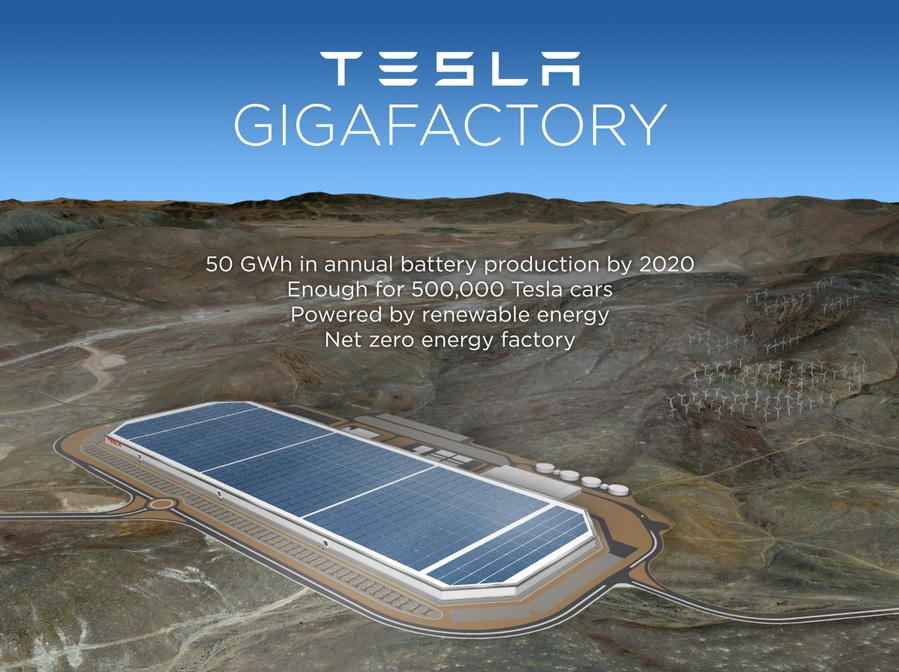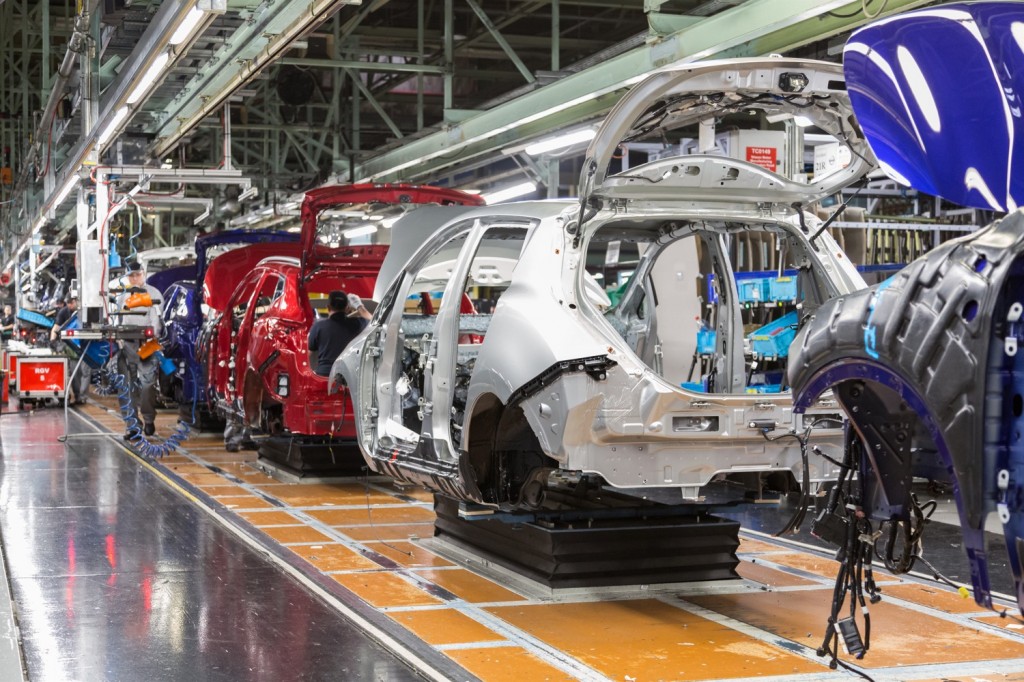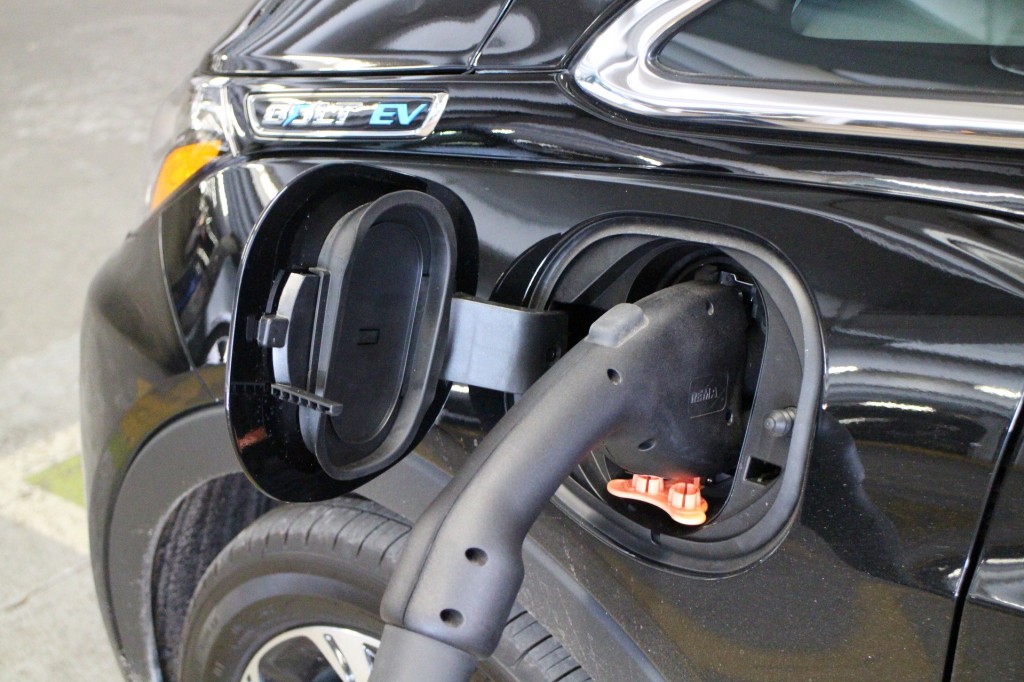Electric vehicles shouldn't be considered all-out carbon footprint saviors, but they can legitimately be viewed as the great minimizers.
The benefits of electric vehicles over those with internal-combustion engines are vast, but a strange new study is making rounds that claims electric cars are worse for climate-change emissions.
The study—conducted by IVL Swedish Environmental Research Institute and not peer-reviewed before publication—makes a handful of peculiar assumptions to reach its final conclusions.
DON'T MISS: How Clean Is Your Electric Car? Online Tool Helps You Find Out
Simply put, the findings of the meta-study (a compilation of other studies) are based on assumptions that are far from the real-world truth, as summarized by Clean Technica.
A few claims lifted from the IVL study include the suggestion that an electric vehicle must be driven 250,000 kilometers (155,000 miles) before its environmental benefits kick in.
That figure is in relation to a "moderately consuming" diesel vehicle; the study then goes further to state an electric car must be driven 20 years before it can be considered environmentally friendly.

Rendering of Tesla battery gigafactory outside Reno, Nevada, Sep 2014
The bulk of that claim focuses on the carbon footprint of producing the lithium-ion battery packs that power all-electric vehicles.
The Swedish IVL study claims that production of standard lithium-ion cells produces 150 to 200 kilograms of carbon dioxide per kilowatt-hour, so "regular" electric-vehicle batteries (of 25 to 30 kilowatt-hours) create 5 metric tons of CO2.
The study also casually states that Tesla batteries are produced with 50 percent fossil fuels, while Tesla says its batteries are produced using entirely renewable energy, which has been public knowledge for some time.
Even more unusual, the diesel engine used in the comparison is assumed to be fueled with 40 to 50 percent "carbon-neutral" hydrocarbons.
That may be true for a small number of diesel engines, but the vast majority of diesels today use fossil-fuel diesel and are likely to do so for their entire lifetimes.

Nissan Leaf electric-car assembly at Sunderland, U.K., plant
Then there is this: the gasoline and diesel fuels are assumed to have no associated carbon footprint before they arrive at the fueling station.
To clarify, the study is saying absolutely no CO2 is produced during the drilling, extraction, transportation, or refining processes required to turn petroleum deposits buried deep underground into the fuel you can pump into a vehicle's tank.
In addition, the study assumes that no CO2 is associated with the manufacturing and assembly of the diesel engine or any of its components.
Finally, the IVL study assumes the fuel-economy ratings as posted on window stickers are accurate, and simply multiplies them to get driving distances and CO2 per mile figures.
That's arguably true for the EPA ratings used in the U.S., but numerous recent studies have shown the more lenient European test cycles to produce ratings as much as 30 to 40 percent too optimistic—which has generated increasing anger among car buyers.

2017 Tesla Model S
To counter the 150,000-mile for Tesla travel, Popular Mechanics calculated that—if the 100-kwh Tesla Model S pack has the carbon footprint assumed by the study (which Tesla CEO Elon Musk disputes)—an equivalent gasoline car (the Audi A8 luxury sedan) requires only three years and 45,000 miles to fall into the "higher carbon emissions" bucket, using EPA carbon calculations.
One more factor of interest: the Swedish study assumes that the electricity used to recharge electric cars is generated using 50 percent fossil fuels.

2017 Chevrolet Bolt EV electric car at EVgo fast-charging station, Newport Centre, Jersey City, NJ
That may be accurate today, even optimistic for the U.S. overall. But every major grid in the world is decarbonizing, replacing coal with natural gas and an increasing proportion of renewable energy sources.
A vigorous scientific debate, for instance, is now underway over whether the U.S. could entirely eliminate fossil fuels for electricity production by 2050.
So each year the grid gets cleaner and lower-carbon, so does every single mile driven by electric cars.
Overall, this study—much promoted by certain types of media outlets—can sadly be consigned to the "fake news" category. Proper, fact-based scientific analysis wins out again.
EDITOR'S NOTE: An earlier version of this story said the study was conducted by "Swedish state media organization SVT," which was incorrect. As reader Par Johansson points out, the study was conducted by IVL Swedish Environmental Research Institute. Johansson also noted that the study was not peer-reviewed before publication. We have updated the story, and apologize for the error.
[hat tips: Joe Viocoe, Machlin, Tech01xpert, Zero X Rider]
_______________________________________












